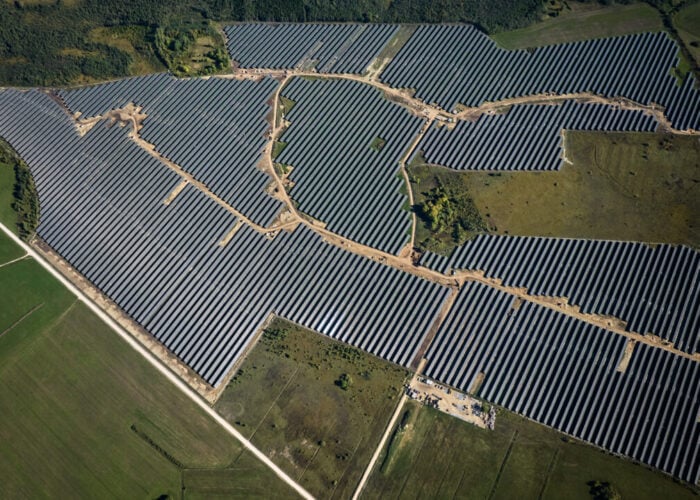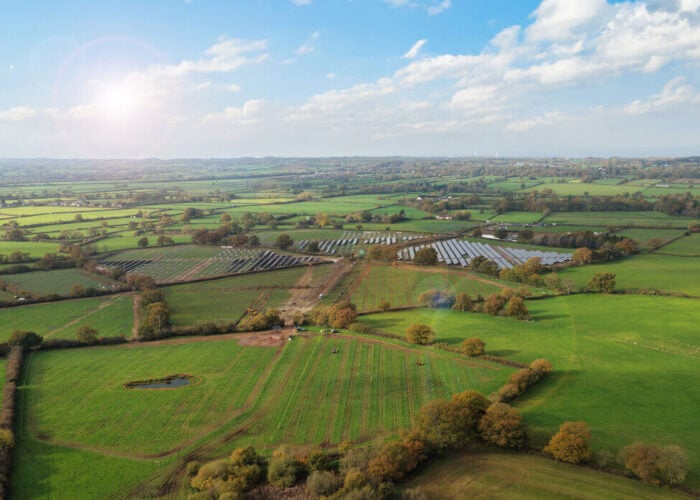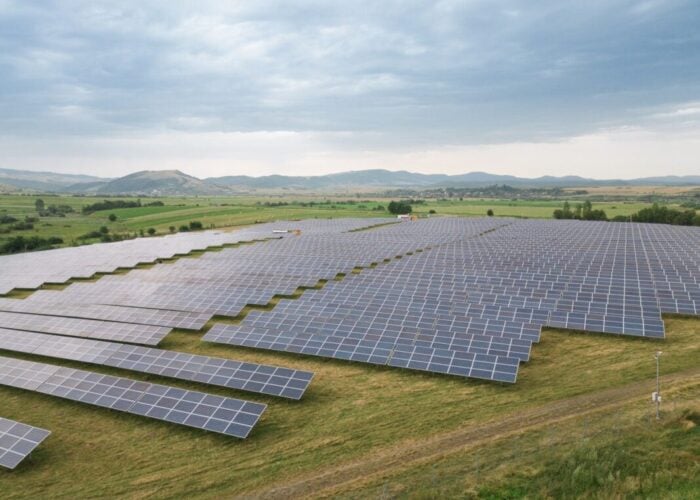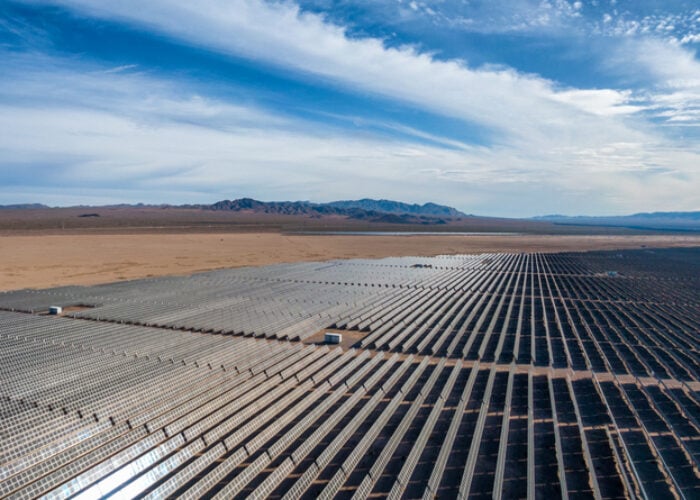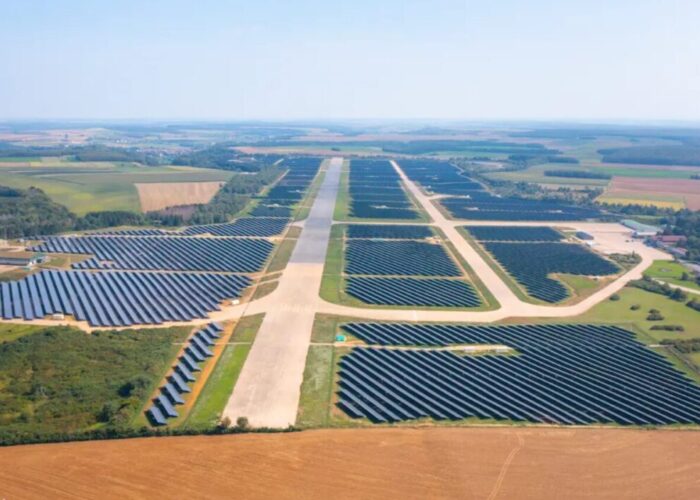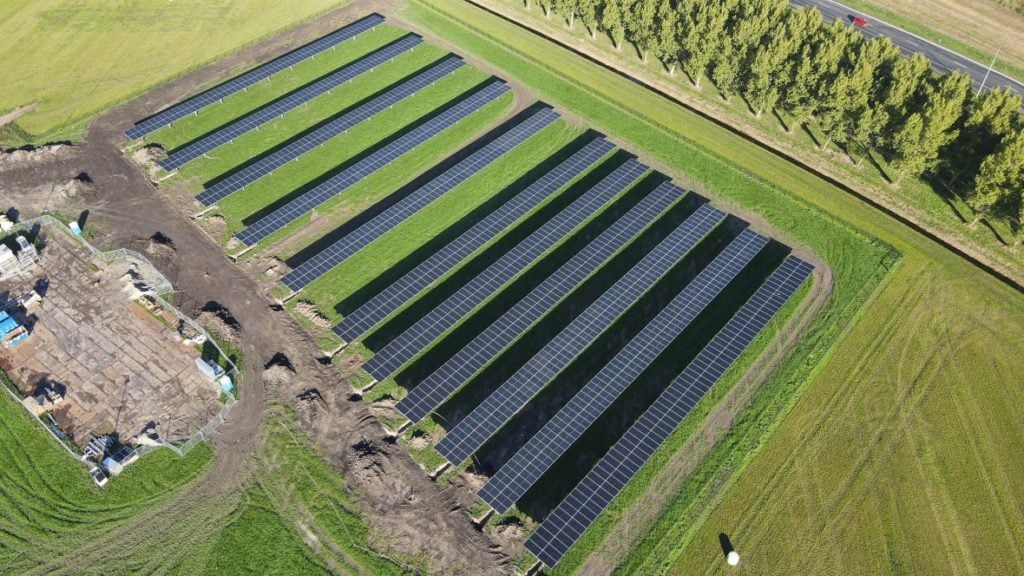
Swedish state-owned power company Vattenfall has started construction at its 79MW Tützpatz agrivoltaics (agriPV) project in north-east Germany, which will be the country’s largest agriPV plant upon completion.
Vattenfall did not specify which solar modules or installation processes would be used at the 93-hectare project, beyond a note that it plans to use “different rack systems,” but did announce that it had signed a ten-year power purchase agreement for electricity produced at the farm with Power and Air Condition Solution Management (PASM), a subsidiary of Deutsche Telekom.
Try Premium for just $1
- Full premium access for the first month at only $1
- Converts to an annual rate after 30 days unless cancelled
- Cancel anytime during the trial period
Premium Benefits
- Expert industry analysis and interviews
- Digital access to PV Tech Power journal
- Exclusive event discounts
Or get the full Premium subscription right away
Or continue reading this article for free
The company announced plans to finance the project in February of this year, and aims to commission the facility next year. The project will build on the work the company has already completed in the Netherlands, where it commissioned the 700kW Symbizon pilot project last year.
The German government plans to increase the country’s installed solar capacity to 215GW by 2030, up from 66.5GW installed at the end of 2022, and the Tützpatz developers are optimistic that the project, and agriPV in general, will play a key role in meeting this target.
“With the construction of an agrivoltaic project on this scale, we are doing real pioneering work,” said Claus Wattendrup, head of Vattenfall’s solar division. “We want to show that sustainable agriculture and energy production can complement each other perfectly. With the Tützpatz project, we are now developing this young technology on a commercial scale.”
European agriPV potential
There is considerable potential for the European agriPV sector in particular, with research published earlier this year estimating that 51TW of agriPV projects could be deployed across the continent, but investment in large-scale agriPV projects has been uncommon.
The largest agriPV project in the world is the Baofeng Group’s 1GW Binhe New District in China, which produces both electricity and goji berries, and earlier this year, Enel Green Power started work on a 170MW agriPV plant in Italy, which is set to be the country’s largest. While these projects are significant developments, the relatively small capacity of these facilities demonstrates that work still needs to be done before agriPV becomes a larger part of the global energy mix.
Projects such as BlueWave’s 4.2MW Rockport project in the US have helped demonstrate some of the opportunities and challenges arising from combining traditional agricultural production with solar power generation, but the small scale of these facilities means that developers will have to scale up their operations across the sector to meet some of the more ambitious agriPV targets.
“The electricity supply contract from the Tützpatz solar park has a special significance in this context, as it combines green electricity generation with sustainable agriculture, as free-range chickens will live under the solar panels,” said Bernd Schulte-Sprenger, PASM managing director, speaking about some of the novel aspects of the Vattenfall project.
“Thus, the electricity supply from the Tützpatz solar park can be considered a trendsetting project in the context of the energy transition in Germany.”

